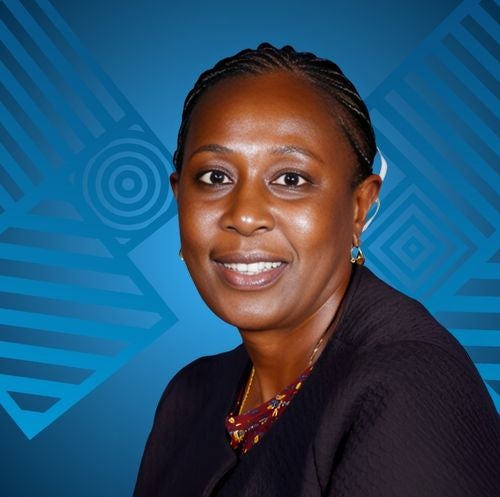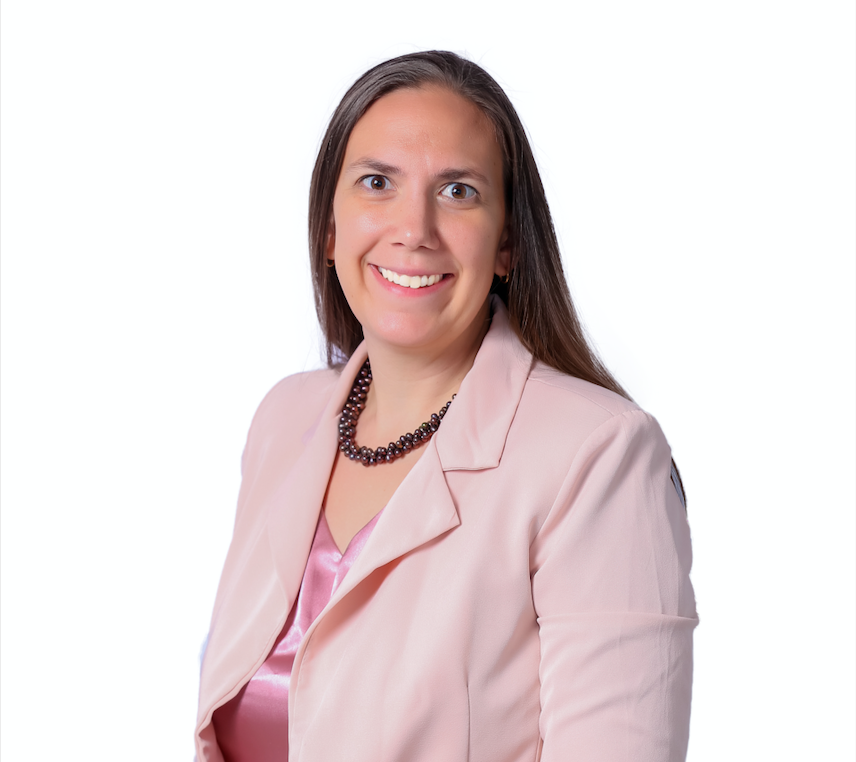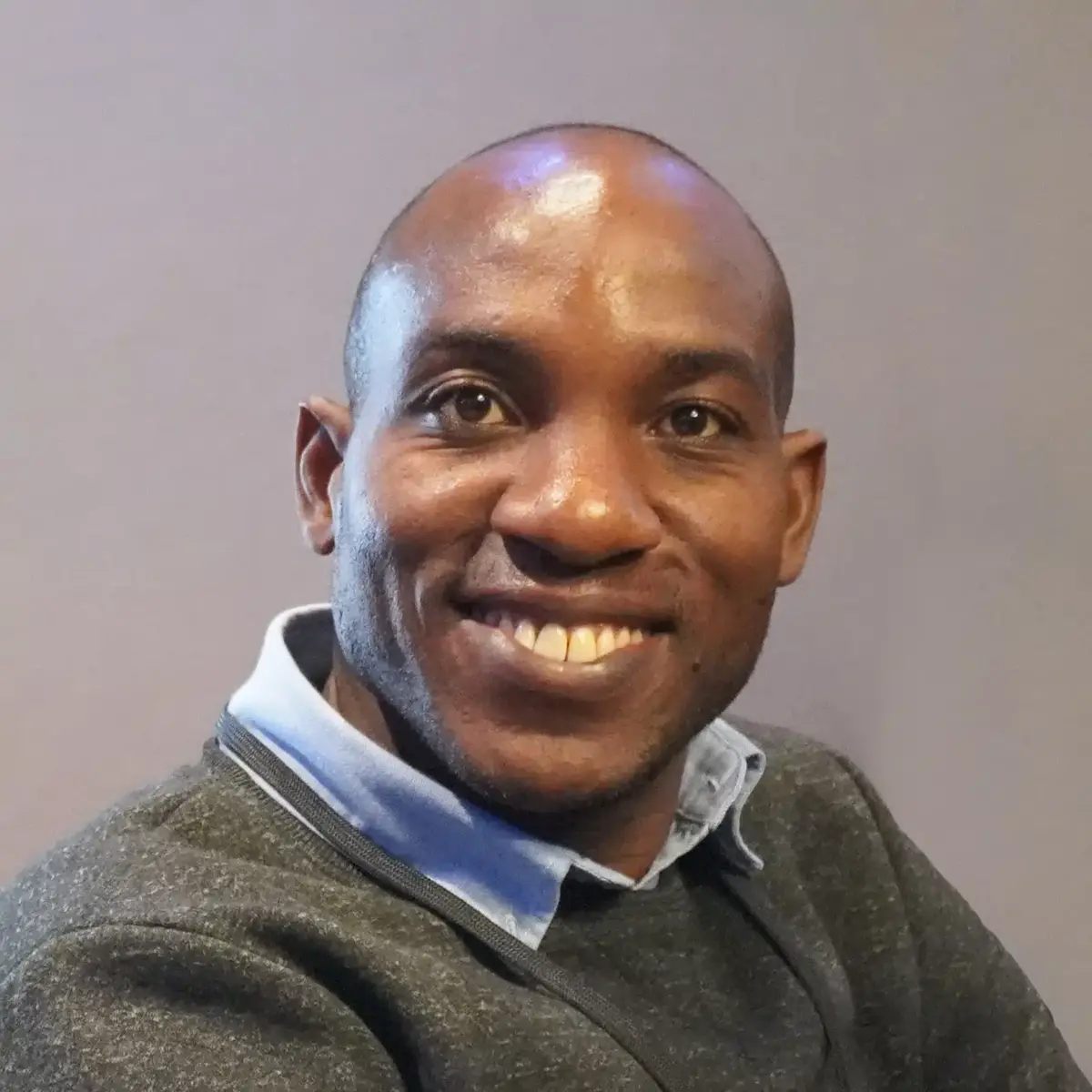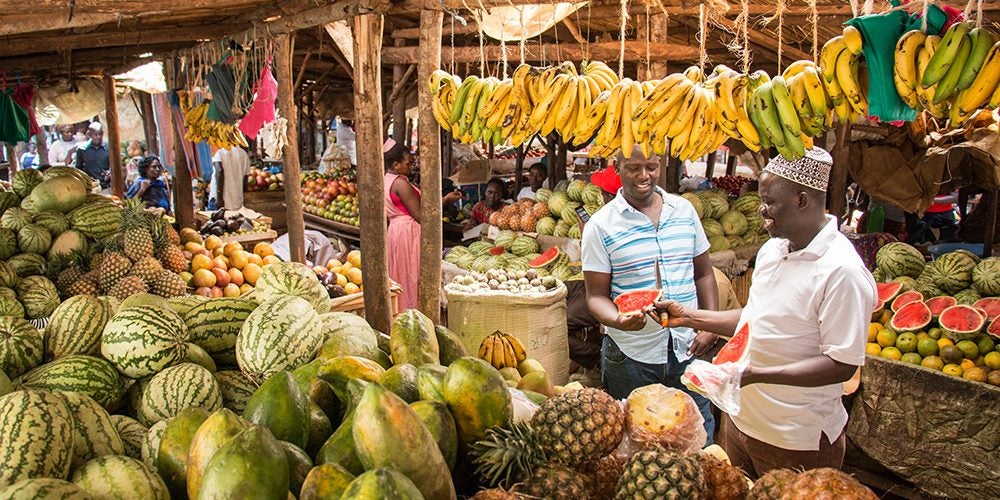
The East Africa chapter is headquartered in Nairobi, Kenya and covers Ethiopia, Kenya, Rwanda, Tanzania, and Uganda.
The East Africa chapter is dedicated to fostering a vibrant entrepreneurial ecosystem in the region. It achieves this by leveraging local resources, promoting collaboration among key stakeholders, and addressing shared challenges through joint initiatives. The chapter also organizes workshops, roundtable discussions, and networking events to facilitate the exchange of best practices and explore partnership opportunities that support regional entrepreneurship.
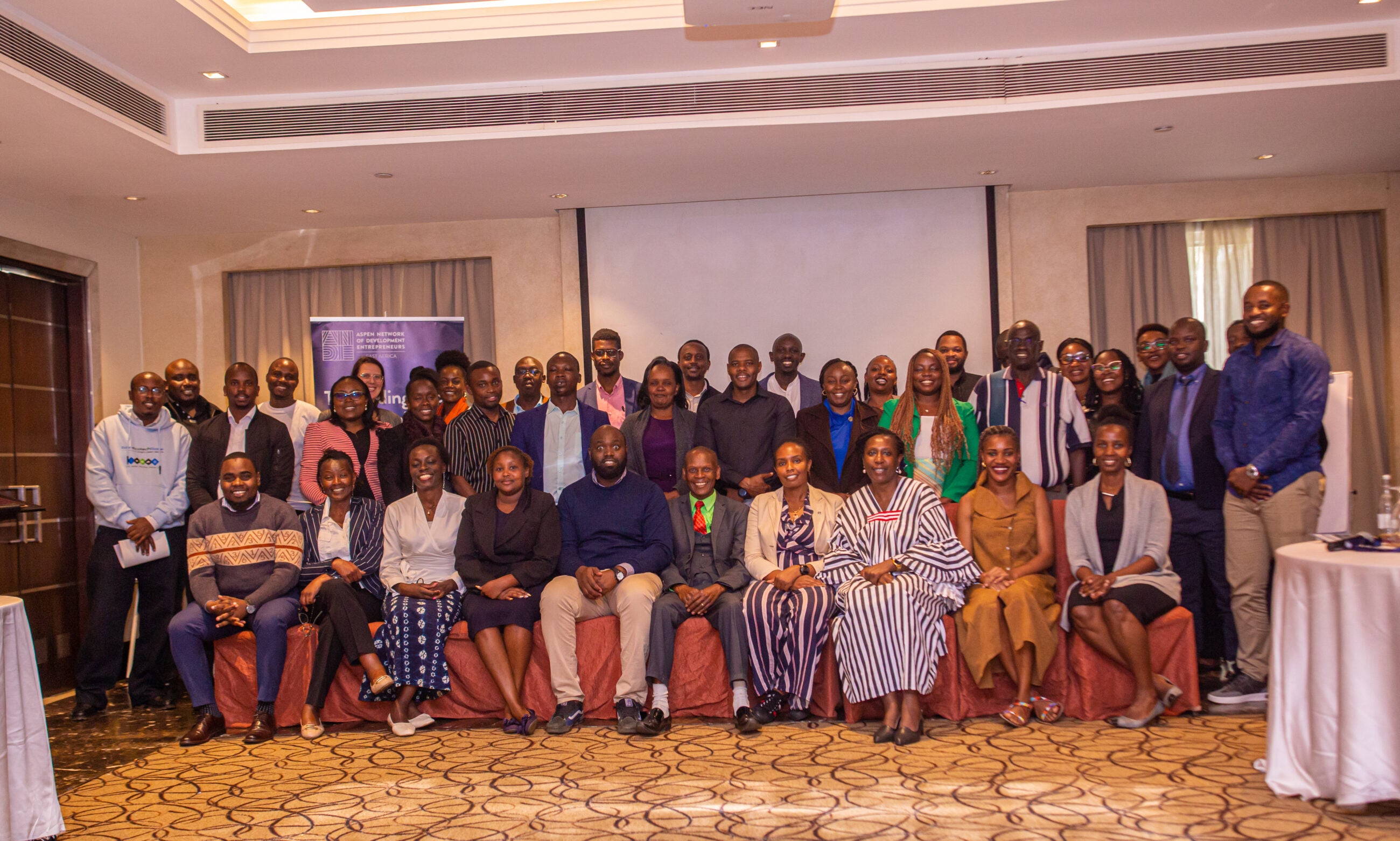
This focuses on expanding access to financing for early-stage enterprises in the Waste Management and Circular Economy sectors, helping to drive sustainable innovation and environmental impact.
ANDE Action Labs convene members to ideate and prototype solutions to systemic challenges in the SGB sector. The key stages involved in the action lab include learn, image & ideate, create and test.
This report establishes a baseline understanding of the state of green entrepreneurship in Kenya by assessing existing business models, the available financial and technical support for entrepreneurs, and key sectoral issues regarding the policy landscape and market opportunity. The purpose of the study is to inform decision-makers, such as policymakers, donors, investors, and business development service providers, of the primary trends, opportunities, and challenges in the green entrepreneurial ecosystem in Kenya.
Kenya's waste management and circularity sector offers significant opportunities for investors, driven by economic growth, increasing waste generation, growing regulations and innovations. This introductory guide is the first in a series that also includes investment guides that deep dive into each of the highest opportunity sub-sectors in Kenya’s waste and circularity sector: plastic waste, wastewater, organic waste and integrated waste management. These guides provide further information on trends, opportunities, policies and challenges, as well as further details on the main identified business models and their financing needs and case studies of successful businesses.
Every entrepreneur operates within an ecosystem that determines the access to talent, finance, and markets that they need to grow their business. ANDE’s Entrepreneurial Ecosystem Maps serve as a tool for stakeholders to learn about the organizations providing support to small and growing businesses (SGBs) in a specific city, region, or country.
This mapping identified 140 organizations and nearly 170 distinct resources supporting entrepreneurs across Ethiopia. The online mapping provides a filterable directory of these organizations, categorized by sector, location, and support type. The mapping is complemented by a report analyzing the data and synthesizing key trends in the ecosystem.
"Let’s be honest here: Entrepreneurs will need financing to get through this economic downturn. However, most of the investors that we’ve asked said that due diligence has been slowed either due to travel restrictions, their focus on supporting their existing portfolio of entrepreneurs, or those which already had term sheets in place. So where is this financing going to come from?
Our perspective for this article is the investor side of the conversation. What are angel investors thinking about during this global crisis: Is now the perfect opportunity to invest? Is it a time to hold on to your cash and hide it under the bed?It can make sense to halt making any investments all together – and focus on supporting the existing portfolio – given that most angels invest out of pocket. However, this could be an uncommon opportunity to make investments which could generate very good returns..."
"This report presents a detailed analysis of impact investing activity in East Africa, examining the supply of global impact investment capital as well as the demand for investment resources from small and medium enterprises (SMEs), social enterprises, and others who aim to drive social and environmental impact through the private sector. The report covers five “focus countries” in depth: Kenya, Uganda, Tanzania, Ethiopia, and Rwanda; and six additional countries in the region in less depth: Burundi, Sudan, South Sudan, Djibouti, Eritrea, and Somalia."
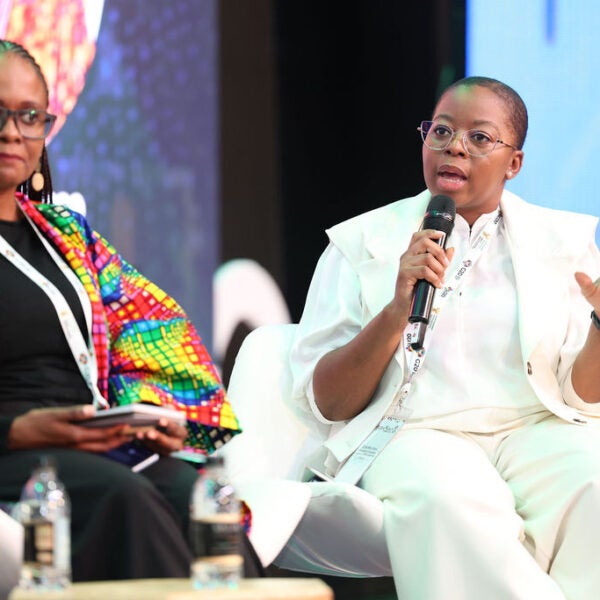
New commitments in finance, innovation, and Africa’s leadership signal unprecedented opportunities for MSMEs.
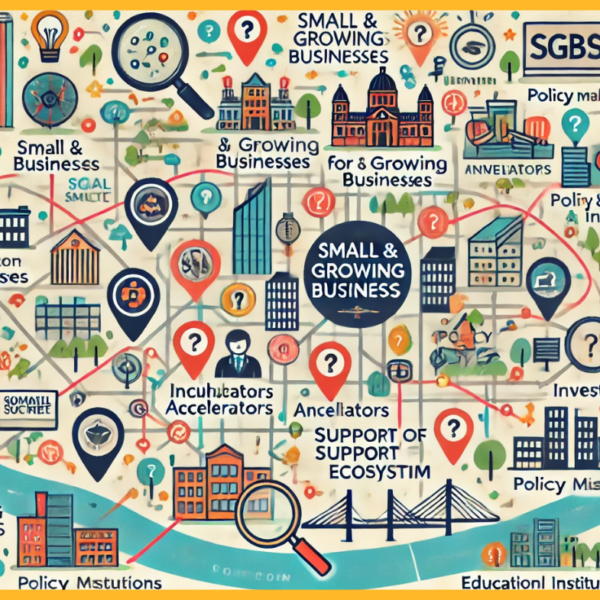
The initiative will update ecosystem maps, analyze critical data, and offer strategic tools to enhance support for small and growing businesses.
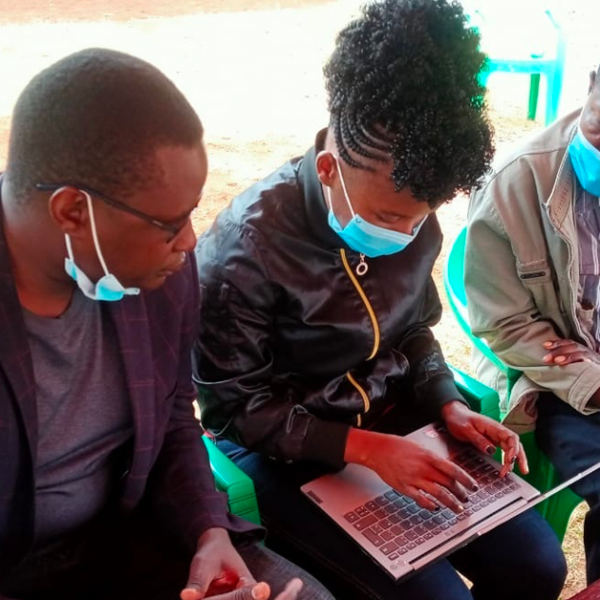
Guest post by ANDE member Enviu. No matter how bold our impact goals, if they can’t be measured, we’re building in the dark.
